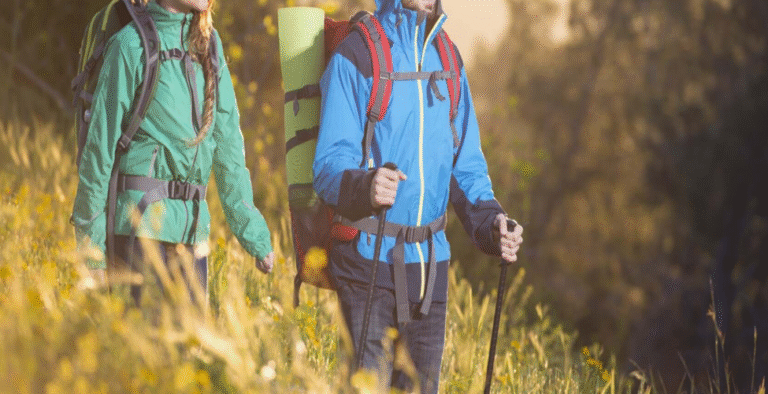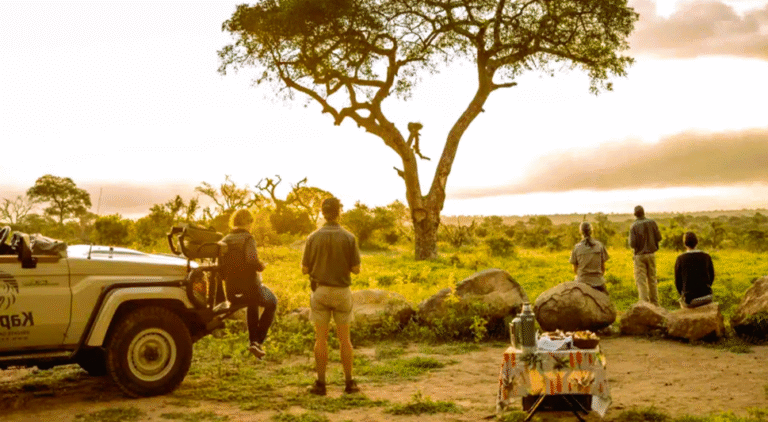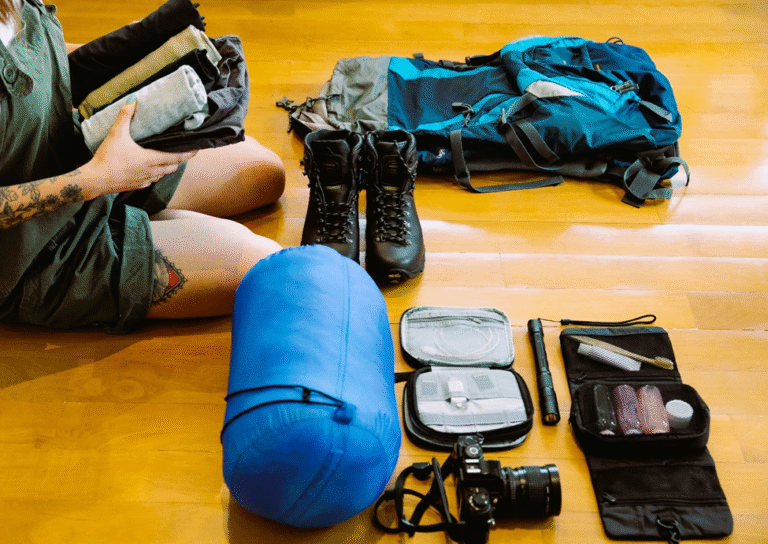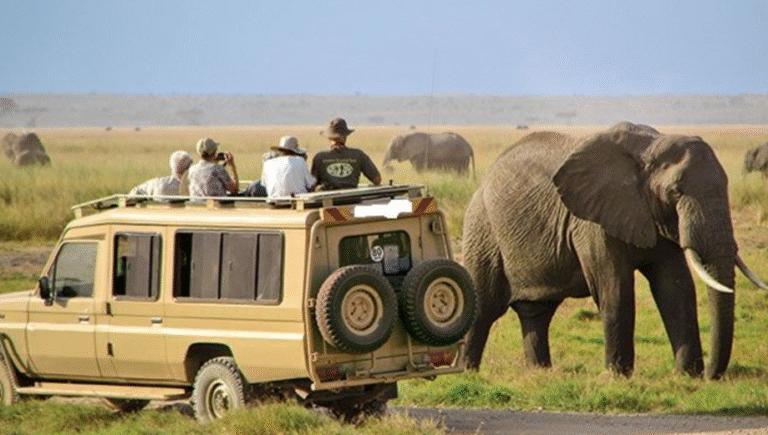
Getting lost while hiking can be scary. However, stay calm. Follow some basic steps to stay safe. Follow these steps to stay safe if you get lost while hiking.
Take some basic steps to stay safe while hiking:

1. Stay Calm and Don’t Panic
If you get lost while hiking, don’t panic—take a deep breath. Panicking burns energy and spoil your judgment. Stay as calm as possible. Take time to collect your thoughts. Remind yourself that you can take steps to get help. Staying calm helps you think clearly and act logically.
2. Stop and Stay Put
Once you calm yourself, stop and stay in one place. In addition, avoid wandering aimlessly, as it can take you wrong way off course. Consequently, staying at one place makes it easier for rescuers to find you, especially if you’ve shared your planned route. Moreover, you conserve energy, which is important for your survival.
3. Try to Assess Your Location
Look closely around you. Notice any local landmarks, such as mountains, rivers, or unusual trees. Recall any turns or landmarks you’ve already passed. Retrace your steps mentally to find possible hints. If you don’t know where you are, stay close and avoid going too far.
4. Use a Map and Compass
When you have a compass and map, use them. Find any known landmarks on the map. Check if you recognize the terrain or nearby features. A compass can help you find the correct direction if you remember which way you came from. Take time to read the map carefully, even if you feel anxious.
5. Use Your GPS or Smartphone Wisely
When you realize you’re lost and don’t know where you are, immediately check your GPS or smartphone. After all, your GPS device gives you accurate location data to guide you. In addition, check your phone for a signal or maps if they are accessible. However, keep in mind that batteries drain quickly. Therefore, use these tools carefully to conserve battery power for emergencies.
There are steps you can take to get help efficiently, and if you’re fortunate enough to have cell reception, follow these steps to avoid wasting your battery.
Call 911 Immediately
If you can make a call, dial 911 right away. In addition, provide all possible details about your location—tell them where you are visiting, the trail name, and the area—so they can identify where you are. After all, every single piece of information helps.
Share Your Exact Location Via Coordinates
It is good to mention your exact GPS coordinates with the operators right away. This is because, ultimately, coordinates can identify your exact location for search and rescue, thereby saving time.
Here’s how to find your coordinates depending on your device:
For iPhone
Enable location services to confirm your location.
Go to:
- “Settings” then select “Privacy” then “Location Services”.
- Open the app “Apple Maps” and tap on the blue dot that is marking your location.
- After that a box named “My Location” will appear; scroll down to check the latitude and longitude coordinates.
- Send these coordinates to the operator or use the “Share My Location” option to text the coordinates if you have intermittent signal.
For Android:
- Open the app “Google Maps”
- Just press and hold the blue dot marking your location.
- A red pin will drop.
- Tap the pin, and your latitude and longitude coordinates should appear at the bottom or top of the screen.
- Share these coordinates with the operator or text them if you’re able.
Text If You Can’t Make a Call
If calls don’t go through, text the person you shared your plan with. Let them know you’re lost and send your location coordinates if possible. On an iPhone, tap the blue dot on the map and select “Share My Location” to send your exact coordinates. This step helps the rescue team find you faster by providing your precise location.


6. Mark Your Spot

Mark your location with something visible if you get lost while hiking. Use sticks or stones to create an “X,” and break small branches to leave a trail if you need to move. This helps the rescue team find you more easily. Mark your spot to help you remember the area if you leave temporarily.
7. Signal for Help
If you’re lost while hiking, signaling is essential. If you have a whistle, blow three times. Three signals are a standard distress call in the outdoors. Shouting may help, but it’s tiring. If it’s safe, create a signal fire. Smoke is visible from far away and can attract attention. Use a bright-colored item to wave or hang as a flag.
8. Stay Hydrated and Keep Warm

If you get lost while hiking, prioritize finding water. Look for nearby water sources like streams. Avoid drinking untreated water if possible, but remember dehydration can be dangerous. Stay warm, especially when night falls. If you don’t have extra clothes, use branches, dried leaves, or layers for insulation. Staying hydrated and warm keeps you strong and alert.
9. Make a Plan for Shelter
when rescue delays, build a simple shelter. Find natural cover like rock overhangs or dense trees. If you get lost while hiking, cover yourself with branches and leaves to add extra coverage. Shelters protect you from wind, rain, and cold. Staying sheltered conserves energy and keeps you warm.
10. Wait for Help
Once you’ve done these steps, try to wait calmly. Moving around too much could make it harder for rescuers to find you. Keep an ear out for sounds like helicopters, dogs, or voices. Use any remaining energy to stay aware and ready to signal; when you’re lost while hiking.
Preventive Measures for Next Time
Prepare yourself to avoid getting lost. Always tell someone your planned route. Bring essentials like a map, compass, water, food, and extra layers. Use a whistle, flashlight, and GPS as lifesaving tools. Learn basic navigation skills to help yourself if you get lost while hiking.
Getting lost presents a challenge, but staying calm is key. Follow the steps to keep yourself safe until help arrives. Enjoy hiking, but prepare well. Take a few simple precautions to make all the difference in emergencies. If you get lost, remember to stay calm, stay put, and stay safe.
FAQ’s
What’s the first thing should to do if I realize I lost while hiking?
Should I keep moving or stay in one place?
How do I signal for help if I’m lost?
What tools or devices can help me if I’m lost?
How do I prevent myself from getting lost in the first place?






